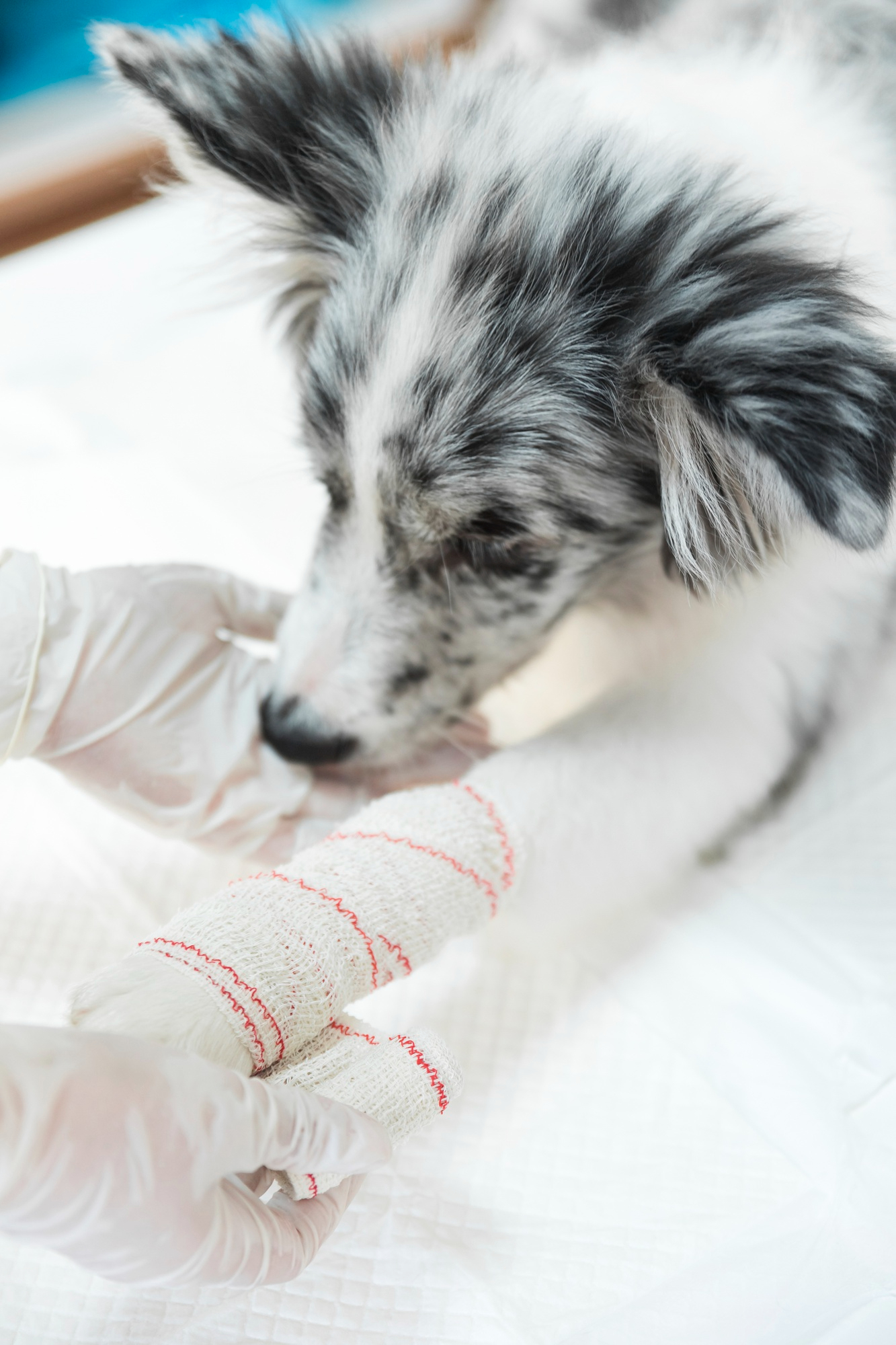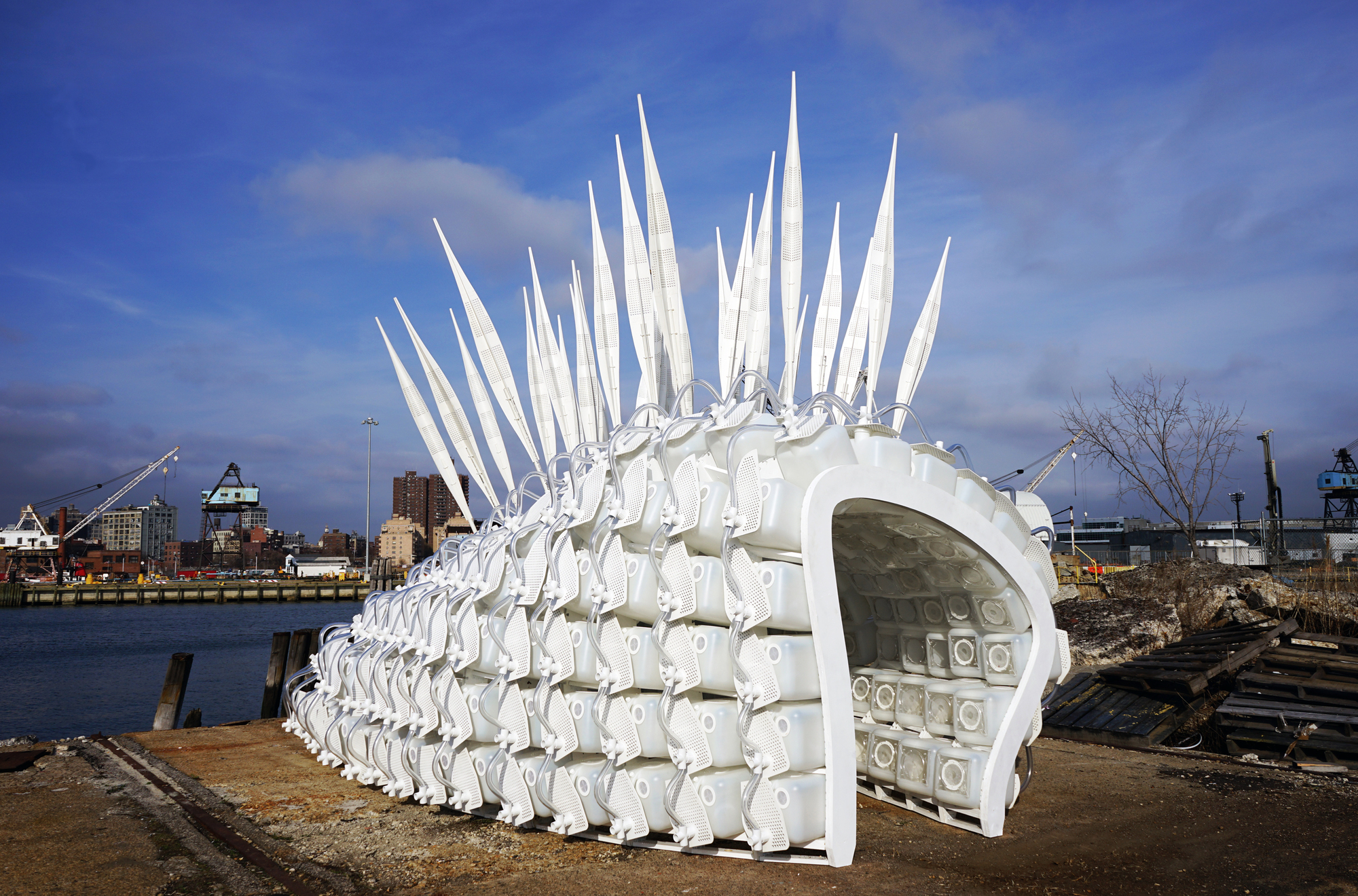The holiday season brings a lot of joy, but it’s crucial for pet owners to remember that it also introduces several hazards for their furry friends. By being aware of these risks, you can ensure a safe and happy holiday for everyone in your household, including your pets.
1. Hazardous Decorations and Festive Foods
Christmas decorations and festive foods, while delightful for humans, can pose significant risks to pets. Tinsel and wrapping paper, often used for decorations, can be particularly hazardous if ingested by pets. The RSPCA advises keeping such items out of pets’ reach to prevent any accidental swallowing.
Moreover, several traditional holiday foods are toxic to dogs and cats. Chocolate, for instance, is poisonous to dogs and can make them seriously ill. Grapes, raisins, onions, and certain nuts also pose a threat to pet health. Fatty foods, while tempting, can lead to issues like pancreatitis in pets. It’s best to avoid sharing festive treats with your pets and stick to their regular diet.
2. Christmas Trees and Pets
A Christmas tree can be a source of endless fascination for pets, particularly cats and dogs, who might be tempted to chew or play with the hanging decorations. It’s advisable to only allow pets around the tree under supervision. Edible decorations, such as those made of chocolate, are especially dangerous for dogs. To prevent any mishaps, consider decorating your tree with pet-safe ornaments and placing it in an area that’s less accessible to your pets.
3. Pet-Friendly Plants
Many traditional holiday plants, including poinsettias, holly, ivy, mistletoe, and lilies, are toxic to pets. Ingesting these plants can lead to vomiting, diarrhea, and more severe health issues. As a precaution, either avoid these plants altogether or ensure they are placed well out of your pet’s reach.
4. Coping with Christmas Chaos
The holiday season often comes with a flurry of activities and changes in routine, which can be stressful for pets. The RSPCA recommends sticking to your pet’s normal routine as much as possible. Creating a quiet, comfortable space where your pet can retreat from the holiday chaos is also beneficial. This space should include their bed, water, and favorite toys, away from the busyness of holiday celebrations.
5. Weather Considerations
For those in colder climates, remember that pets can be sensitive to extreme cold. Limit their time outdoors and ensure they have a warm place to rest indoors. Regularly check their paws for signs of cold-weather injury, like cracked pads or bleeding.
6. Gifts and New Toys
While new toys are often a part of holiday gifting, it’s important to ensure they are safe for your pets. Supervise playtime, especially with toys that contain small parts. Additionally, keep gifts and wrapping materials out of reach to prevent your pets from chewing or swallowing them.
By following these guidelines, you can help ensure a safe and enjoyable holiday season for your beloved pets. Remember, the best gift you can give them is a safe environment and your loving care.


